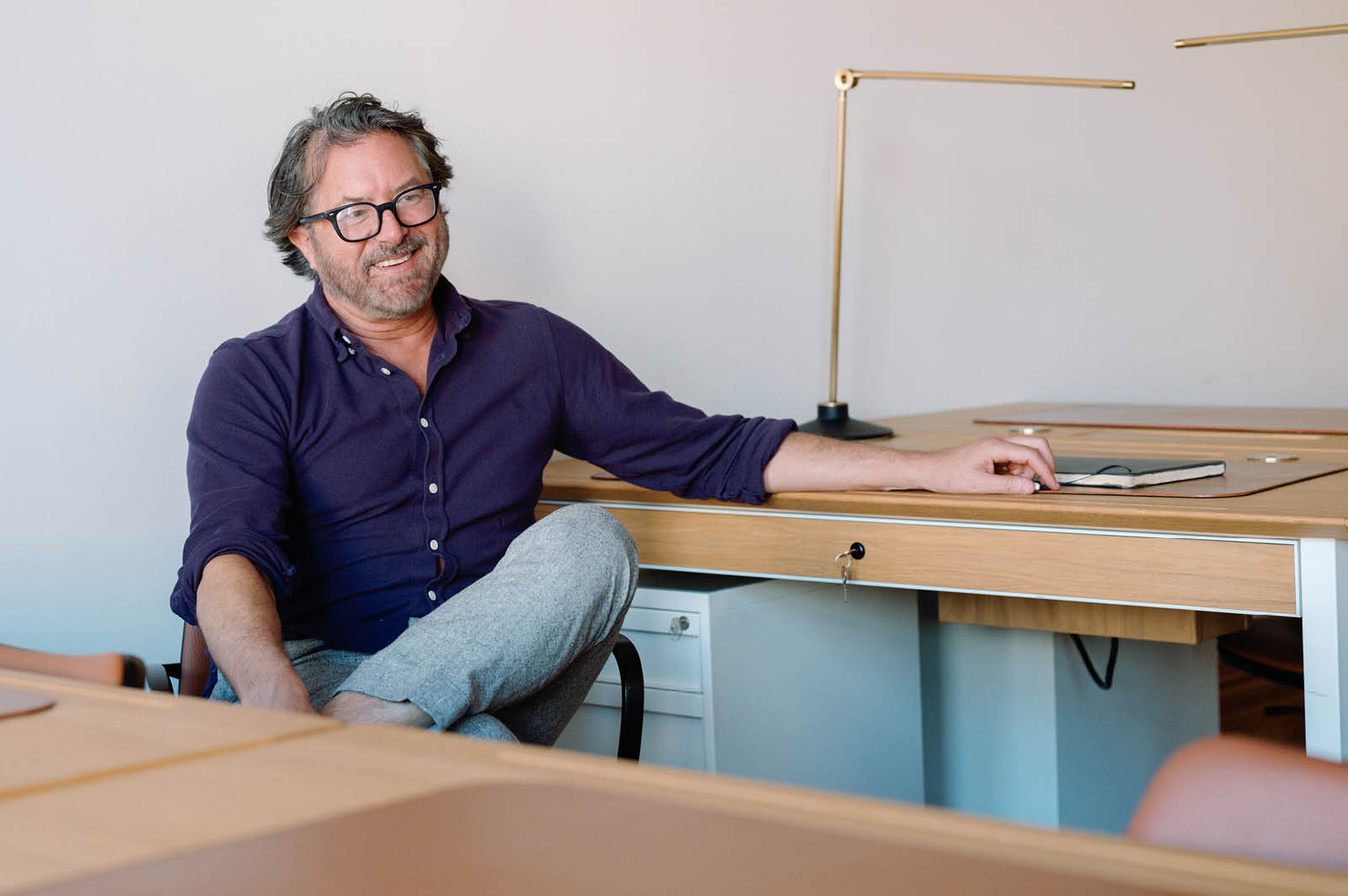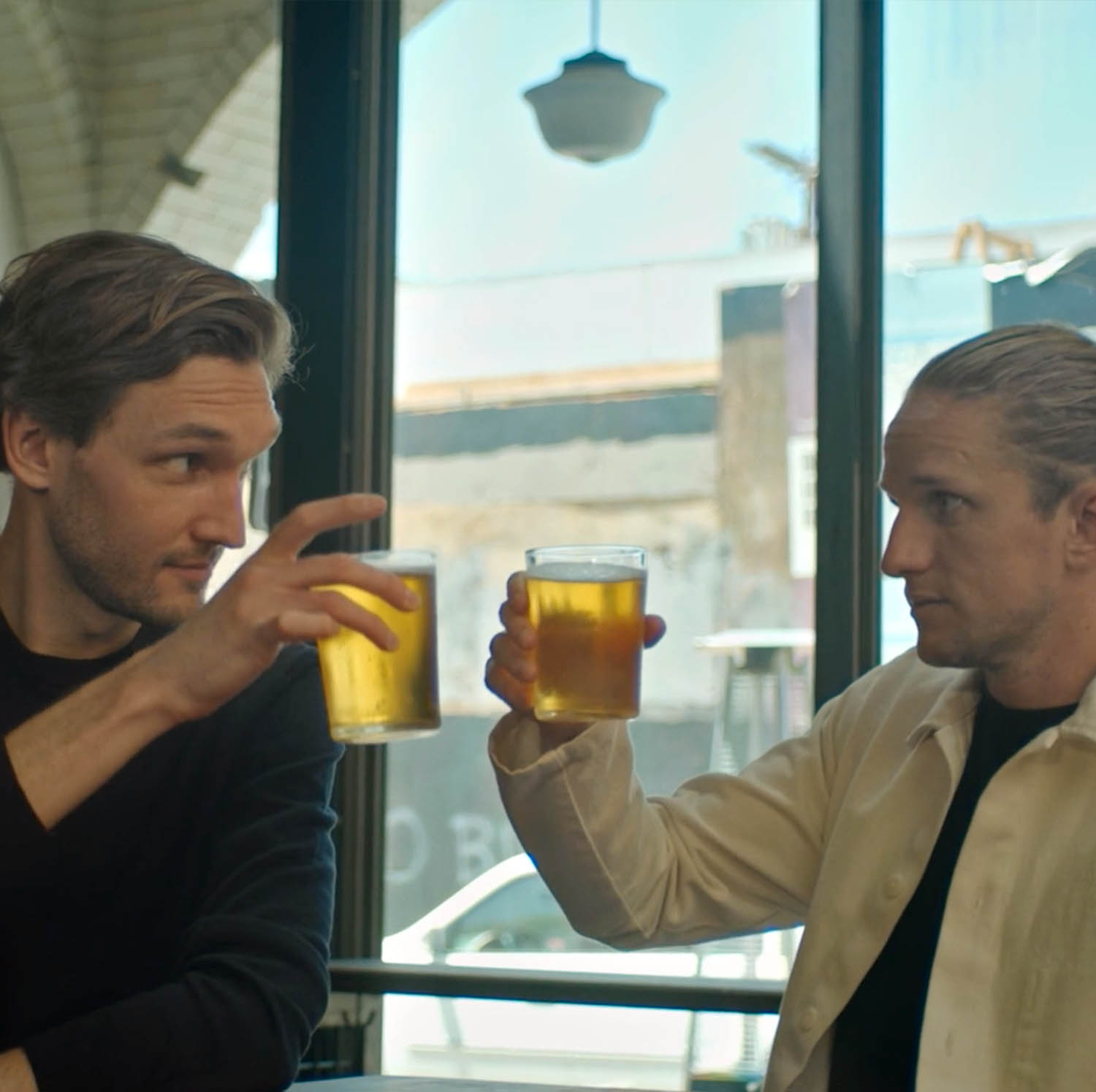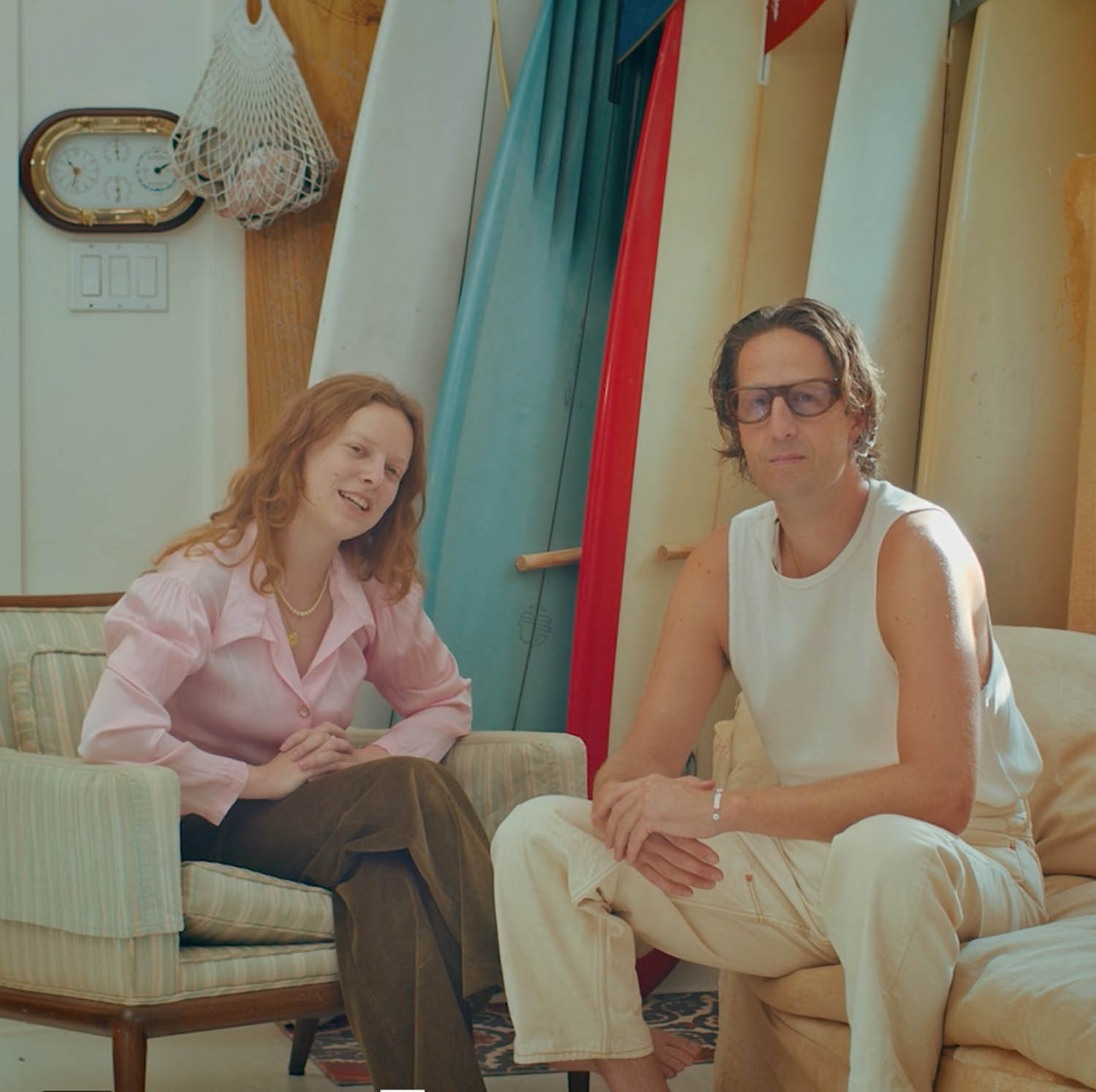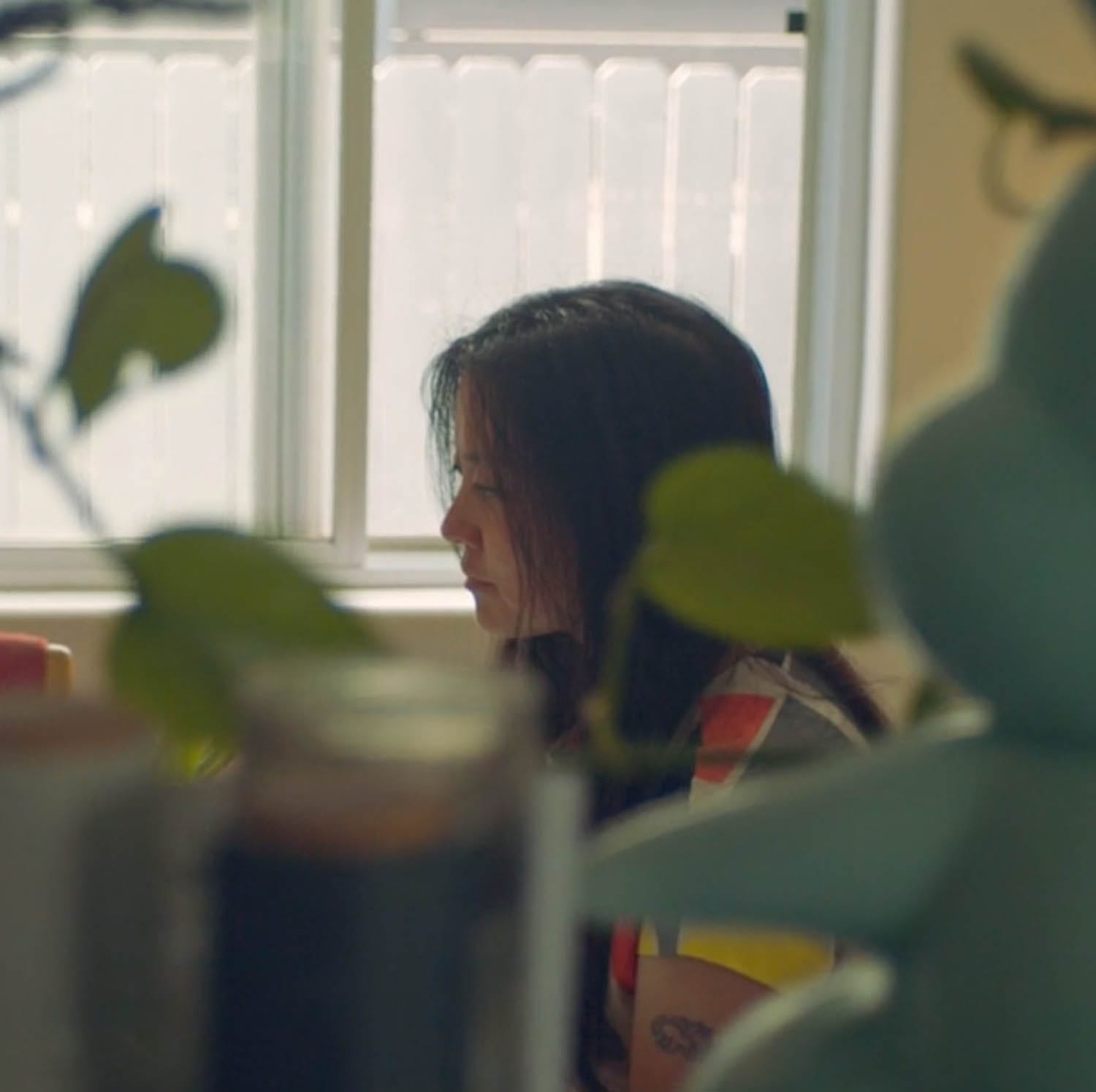Recently, the fashion designer Billy Reid landed in LA. Owing to the pandemic, and various other factors, it was his first trip to out West in a couple years, despite a professed love and history with the city. His namesake label recently opened a new store at the Platform, its first in the city despite its longstanding LA following.
While Reid began his career and made his name in the metropolitan meccas of New York and LA, today he lives in the small town of Florence, Alabama—not exactly what one would think of as a bastion of the fashion world. To hear Reid tell it, he was actually just an early adopter of the work-from-anywhere ethos that so many creative entrepreneurs have adapted to since the pandemic. For Reid, it’s always been about creating something that’s genuine, rooted in place and community, and then figuring out how to make it work. That’s where his team comes in, including the LA team that makes NeueHouse their homebase to converge. We caught up with Reid at NeueHouse Bradbury, another timeless American original, to talk about his journey as a designer, living and working in the South, and why LA and Florence aren’t as far apart as you might think.
NEUEJOURNAL: Your work seems to really evoke a sense of place, namely, “America” but also certainly the South. Where does that interest come from? Can you talk about how you achieved that?
BILLY REID: It’s not something we really planned, so to speak, it just kind of happened. I’m from South Louisiana and lived in LA for a while, lived in New York and Boston and Texas, but eventually made my way back to the South when I married my wife. It was just being ourselves more than anything else that just translated into a very natural sense of place for the brand.
NEUEJOURNAL: There is such an appetite for the brand outside of the South. Why do you think that is?
BILLY REID: I think people look for something that’s real. I think we’ve always tried to stay real, and being a fashion designer, and not being in New York or Paris or Los Angeles, automatically separates you a little bit. I think there is some intrigue to that. I think the South always has some intrigue—obviously it brings a lot of baggage with it too—but we really try to be a beacon of goodness, a good news story from the South, that it’s changing.
NEUEJOURNAL: I’ve heard your clothes described, perhaps by you, as “American luxury built to last.” Can you talk about what that means?
BILLY REID: Part of it is just the personal connection. We can talk about being based in the South and “American luxury” but there’s not the regionality there once was to fashion. I feel like the stuff I would see at Rivertown Coffee Shop in downtown Florence, Alabama, I would also see in Brooklyn or on Melrose. Or even in Paris. It’s just a lot less regional these days.
NEUEJOURNAL: So what would you say makes American luxury American?
BILLY REID: When I participated in the Vogue Fashion Fund, there’s ten designers and you walk into a room [with] Anna Wintour, Diane Von Furstenberg, Jenna Lyons, and everyone is lined up, and they’re stone-faced—completely stone-faced. And you have 15 minutes to tell your story, have your looks on five models, and talk about it. It’s nerve-wracking. Diane Von Furstenberg asked, “Explain your brand in five words.” With no time to overthink my response, I said, “American luxury built to last.” And she goes, “I love that.”
I said, it’s made to last from a durability standpoint, from the work we put into it, but it’s also made to last in the sense of style. “Timeless” is a very overused word, but it’s going to be just as good ten years from now, it’s still relevant. I think our clothes have had that consistency of having a little bit of an ageless dynamic where if someone’s 20 and someone’s 65 they may be buying the same item. So that’s where that came from. It just kind of stuck, right or wrong. Because luxury these days is personal. What’s luxury to me might be completely different to somebody else.
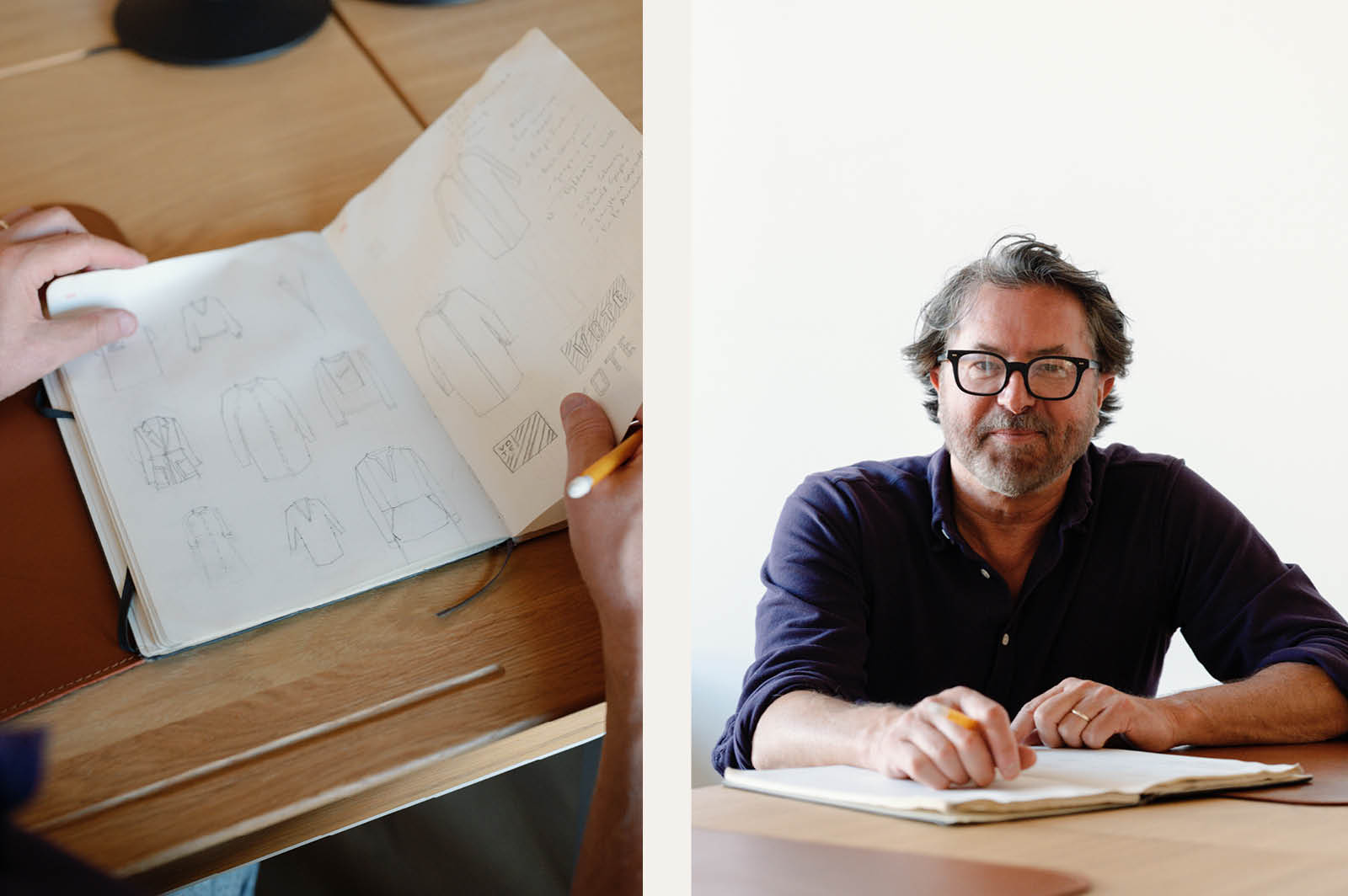
NEUEJOURNAL: Can you talk about your origin story as a designer? How did you find your identity?
BILLY REID: That’s always a work in progress in some ways. I grew up around it, my mom had a clothing store. It was in my grandmother’s old house, so it was a very hospitable place where women would go hang out. She was just a fantastic retailer and I was around the business with her. She definitely pulled me into things, like going to market with her when I was in high school. She sent me on the road with one of her friends who was a leather jacket sales rep one summer. He taught me things I didn’t know, traveling to Memphis and all these towns across the South.
I didn’t have any master plan of, I want to have my own collection, or anything like that. It just kind of evolved after years of work and doing it. Once I got started on it, I had a lot of good things and a lot of very unfortunate things happened with me and the business through these years. But we’ve been able to stay resilient.
NEUEJOURNAL: How do you feel the Zoom era has affected your POV on fashion? On wearing and making clothes?
BILLY REID: During Covid, it affected it in a pretty massive way because there were categories of business, like tailored clothing and suits, that people didn’t need. So we just shrunk down to survive and stripped away a lot of categories that we were working on.
But from a business perspective, it forced us to become better digitally, and I think in many ways it revolutionized how we work as a company. We function much better through Zoom. Now, that’s not for everything. We have to fit the clothes, we have to feel the fabrics. But from an organizational standpoint it really has been fantastic.
There are so many great places like this [NeueHouse] you can come to and partner with—just amazing things. So I think it creates other opportunities. You just have to look at business differently nowadays and find those unique opportunities. Building your community is a good thing.
NEUEJOURNAL: In terms of the atmosphere of consumers, where do you see people going in terms of how they dress, based on how they’ve lived the last couple years?
BILLY REID: People want to go out [now], they’re having occasions. That has always been a sweet spot for us. We’re just now catching up to the inventory needs because there’s a lot and you can’t do it overnight. So we’re seeing the customer shift to occasion dressing more. But also the customer in general is looking to be connected to something. I think when you purchase something you want to believe in what you’re purchasing. Do you identify with it? I think there is definitely a shift right now.
NEUEJOURNAL: What is Florence, Alabama, like? How does your hometown influence you?
BILLY REID: Florence is awesome. My wife is from there and when we got married we said we’d eventually end up there at some point in our lives. I was working in New York in 2001 and I had a lot of good things going on with CFDA, and our next show was on September 10, the day before the terrorist attacks. Everything changed. It was just the perfect storm. It sunk us, and we needed a place to go, so we ended up in Alabama with her family.
It gave us a support system to get through it and the first thing I felt, the biggest influence of Florence on me, was I could be myself. I just felt comfortable. Going through such an insane, crazy situation with 9/11, it really brought a calmness in some ways. I thought, we’re going to do it this way, we can make this work. We’re going to flip it around a little bit and we’re going to build work around our life, not life around our work. And that was probably the best thing because with anything we do we just want to keep it real.
When we first moved there in 2001, you could have shot a cannon down the street on a Saturday night and not hit anything, and now you can’t find a parking spot on Tuesday. It’s completely flipped and it’s got this vibrant downtown and we’ve been a part of that. I’m probably most proud of that out of anything that we’ve done, being a part of that community and just watching it become vibrant.
NEUEJOURNAL: Shaping a place.
BILLY REID: Not really shaping it, just being a part of it.
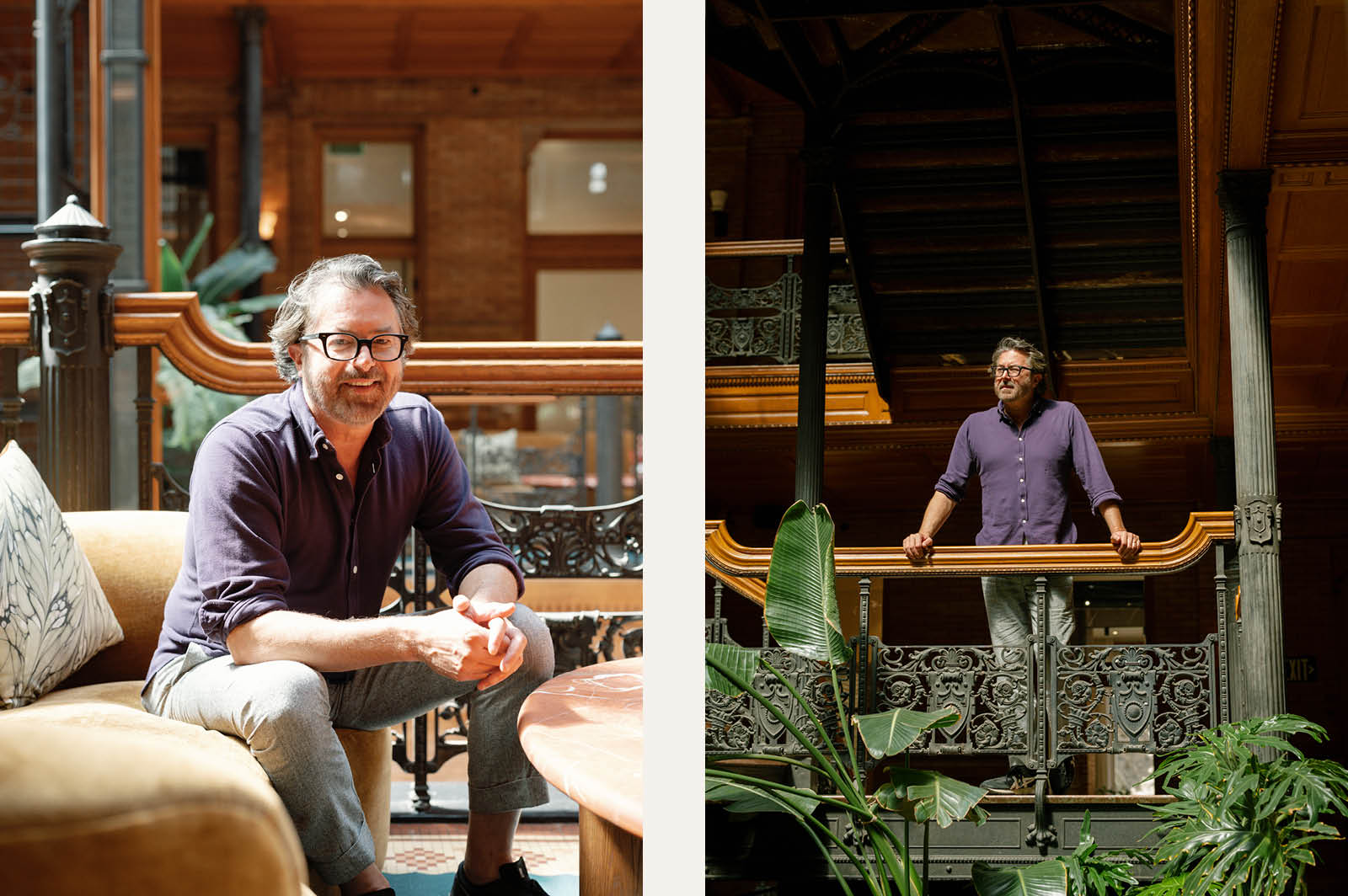
NEUEJOURNAL: What do you see as the connection between the Southern design aesthetics, and the LA market?
BILLY REID: We have a tremendous amount of digital customers in the Los Angeles area. It’s one of our top markets and we don’t have a shop here. So between the architecture and the vibe I think we can connect it pretty easily. I lived here for four years, so I understand the market. Nothing is going to be for everybody. But I feel like it can be put together pretty easily. I do feel like there are some synergies at work. Climate-wise, we have a pretty healthy business within the southeast. It’s a little bit warmer, Charleston, New Orleans, so from a regional climate standpoint and some of the fabrications, that’s a big part.
NEUEJOURNAL: What tips would you give to someone managing a remote creative team?
BILLY REID: I mean, obviously, communication is first. I think you also have to set the expectations and obviously with any creative work there is going to be the logistics part of it—your timelines, when do I have to deliver this, when is this thing due? Trying to simplify your work to the task is super important because there is no longer clock-watching.
I just want to know if you’re getting what you need to get done. Whether that took you 60 hours or it took you 20 hours. Did you get it done and was it done well? I think it’s real important to get to simplicity when working remote. And for whoever is managing them to not be focused on the time clock. Be focused on the deliverable, the quality, and the timeliness of the deliverable.
NEUEJOURNAL: Taking in the Bradbury Building, it’s American, well made, I guess it’s a little French actually. But what do you think of this space?
BILLY REID: Well, architecturally it’s a masterpiece. I like how it mixes. You can definitely see the French influence. It feels like Central Station a little bit, but it’s just so well preserved, it blows my mind. I also like how there is a modern sensibility to the space. The décor, seeing how that’s put together, I like mixing those two worlds together. But the functionality of all this, too, is outstanding. It’s not easy to do with a 130-year-old building, to pull something functional and modern, into that space that feels as warm as it does. It’s just got such a great energy, a warm energy to the space.
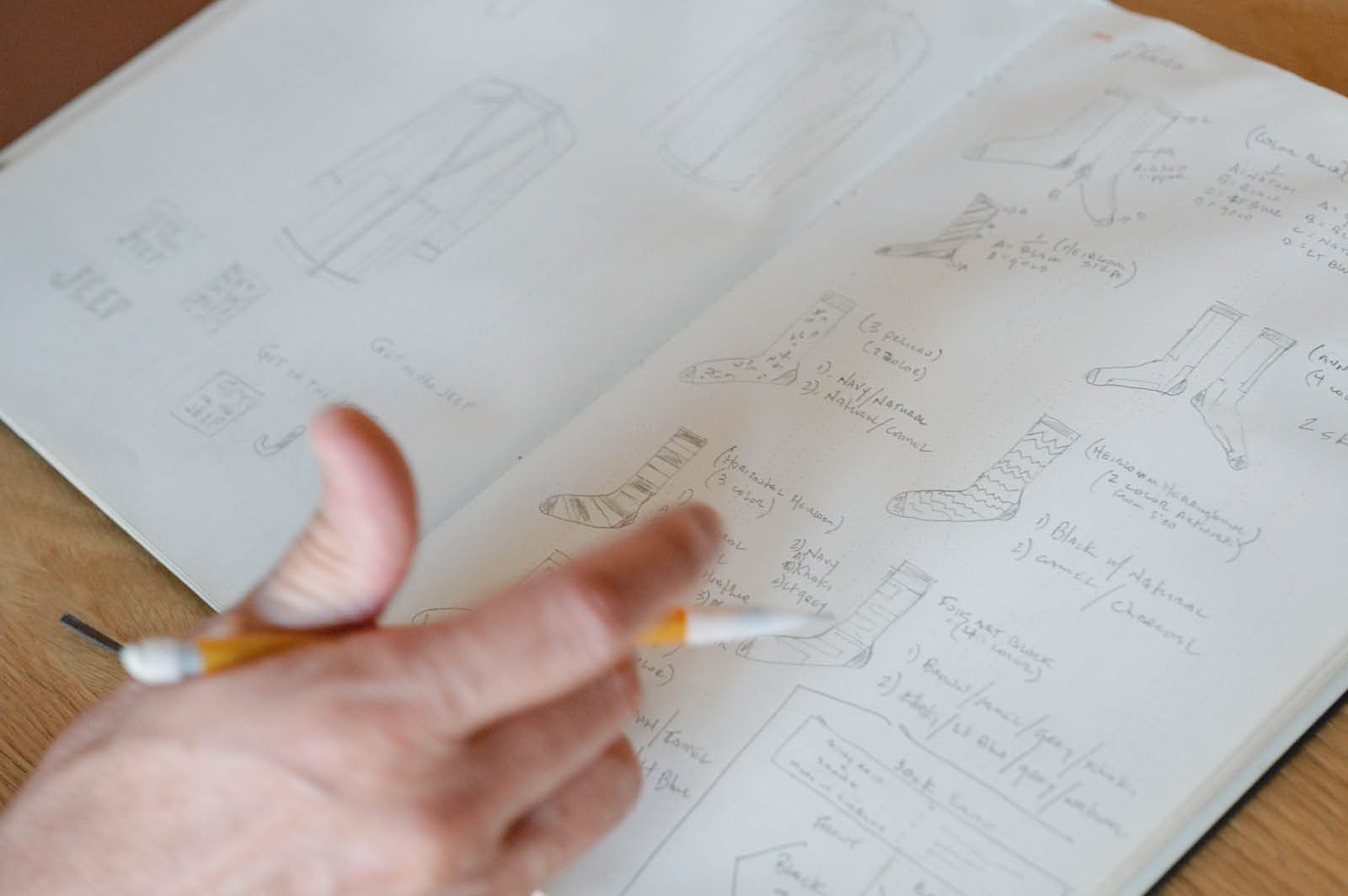
NEUEJOURNAL: Can you give us a sense of what your typical workday here in Los Angeles is like?
BILLY REID: Today, it’s been a good mix. We walked seven miles yesterday, all over, up and down Melrose, a lot of shopping, some vintage shopping, just popping into stores. I get up early, so out here it’s two hours earlier, so I woke up at like four. I felt like half my day was done before nine o’clock. We’ll meet with customers in the store tonight at the opening. I just try to get out and see things and I love to walk.
NEUEJOURNAL: Where is the store?
BILLY REID: It’s in Culver City at the Platform. It’s really beautiful there. I went to the Dodgers game last night, that was fun.
NEUEJOURNAL: What are the habits that you have that you think lead to your success?
BILLY REID: I think you want people to be able to create and have ideas. You have to be able to create an environment where they feel like they can express it and you can work on it together. Keeping that collaborative effort as much as possible is not always easy because you’re just ready to go, let’s go, I got the idea, we can do it. It’s something that is constantly a work-in-progress because you do want people to create. That’s typically where the best work is going to come from, when we are open-minded and we work together.
NEUEJOURNAL: Is that slowing down or keeping an open mind?
BILLY REID: It’s keeping an open mind. For instance if someone says, “What do you think about this coat?” and we’re reviewing the coat, and there could be a pocket someplace that I don’t like but then, OK, let’s hear what this is about, is it tying into something? Not just killing the idea immediately. Let’s go through it and, yeah, we may remove the pocket, but let’s figure out if we both decide that pocket shouldn’t be there. Because I may fall in love with the pocket tomorrow. I could have a different opinion.
I think having good people that really care, and instilling that care, has helped us. You have to also look at some things you do as a company that may cost you money and you may not think you’re getting a return on that because it’s not really something that is increasing sales or whatever. However, it could be doing something for you culturally that’s irreplaceable. There’s a lot of that, where we look back and say, “Should we do that?” It cost us X, wasn’t really something that drove sales, but, man, culturally it was spot-on for us. And it brought these other relationships. Really trying to look at things not always through the lens of what’s the financial benefit. It may be something that is unrelated, but absolutely such a big part of who we are.
NEUEJOURNAL: What is the most valuable piece of work-related wisdom that has ever been passed to you and by whom?
BILLY REID: Probably my mom. It was always just, “Kid, get your foot in the door, work hard, and have a great attitude.” That was it. And if you do that, good things are going to happen. My advice to anyone young, going out to get a job, is get in, have a fantastic attitude, have a great work ethic; try to be a fountain not a drain.
NEUEJOURNAL: If you could distill it into one or two things, what would you say is the source of your drive? Your drive to succeed?
BILLY REID: I love the process. I like making things. I love having an idea and seeing it come to life, whether I’m making a sketch at a table or we’re working on the store and we’ve got this idea for it, or it’s a coat. I like the process. That’s my favorite part. The process of making something and seeing it come to life. That drives me.
NEUEJOURNAL: What’s the most important thing you know now that you didn’t know before that everybody needs to know before they start their own business?
BILLY REID: That you will learn all the time. I learn something every day. Maybe it’s just fashion because it’s such a crazy, constantly evolving industry. Prepare to make mistakes and try to learn from them. But be prepared to make them all the time, because you’re going to, and you just have to learn what you do with it. How do you take that and get better from it?
